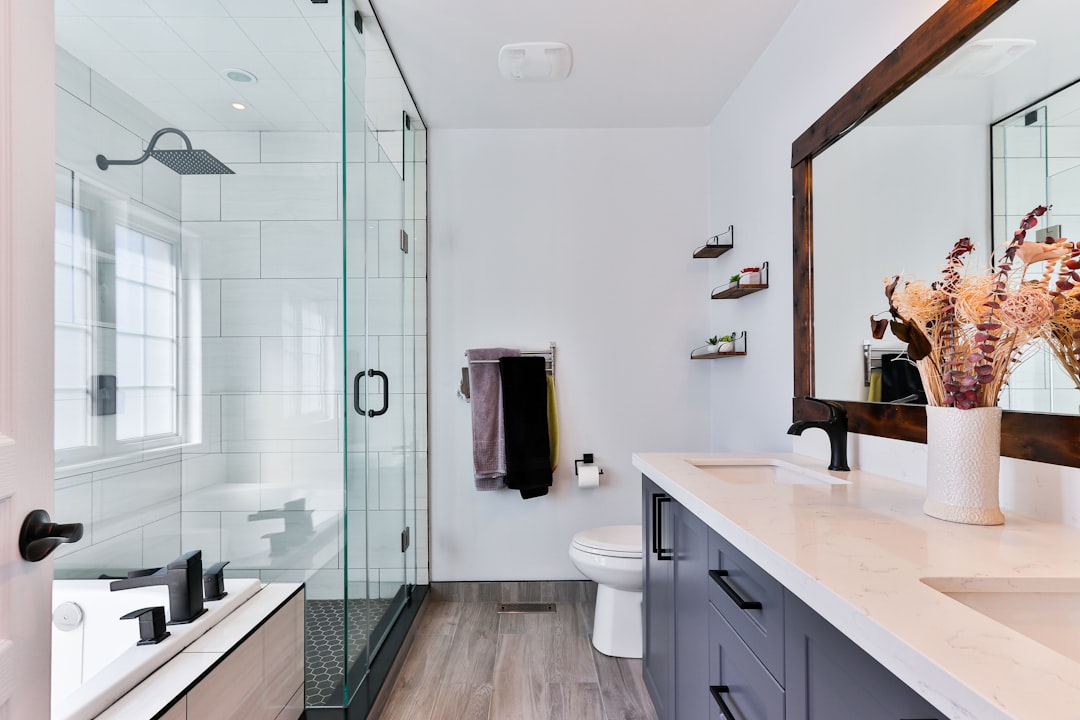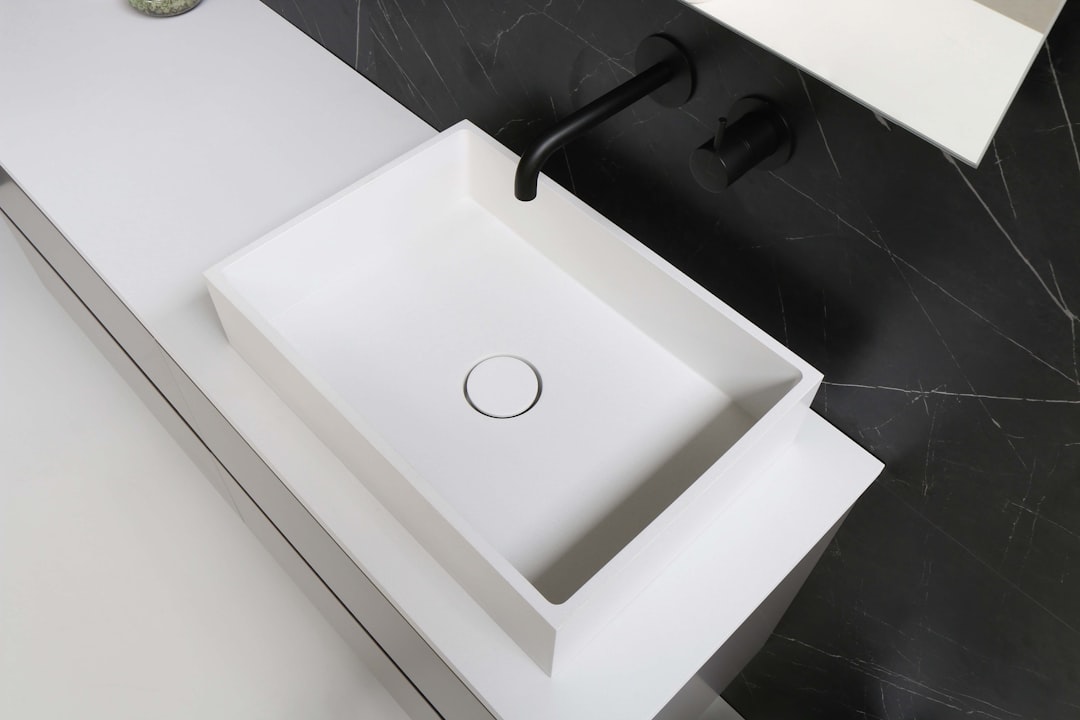Swipe Less, Sit Less: Smartphones Heighten Hemorrhoid Risk—Here’s Wh
Understanding the Hemorrhoid Risk from Smartphone Use on Toilets
The habit of using smartphones while on the toilet has become increasingly prevalent, with studies showing that more than 66% of individuals engage in this behavior. This seemingly innocuous activity, however, comes with significant health risks. The primary concern is the extended time spent seated, which can lead to a 46% increase in the likelihood of developing hemorrhoids [1]. Hemorrhoids result from increased pressure on the rectal veins, often exacerbated by prolonged sitting. Younger adults, in particular, are prone to this risk, as they tend to spend over five minutes on the toilet, engrossed in their phones, which distracts them from the natural cues to finish their business.
This issue is more than just a minor inconvenience; it has broader implications for public health. Hemorrhoids affect nearly 50% of the population by the age of 50, highlighting the importance of addressing these modern risk factors. The trend of increased smartphone use in the bathroom reflects changes in our daily habits that may contribute to more frequent hemorrhoid occurrences. By understanding this connection, individuals can take proactive steps to mitigate risks, such as limiting bathroom time and leaving phones outside the bathroom. These preventative measures not only promote better health but also encourage a more mindful approach to our everyday routines. For comprehensive care and guidance on gastrointestinal health, consider reaching out to healthcare providers like El Paso Emergency Room, which offers state-of-the-art facilities and expert advice.
 The Science Behind Prolonged Sitting and Hemorrhoids
The Science Behind Prolonged Sitting and Hemorrhoids
The act of sitting on the toilet for extended periods compresses the veins in the rectal area, which can lead to blood pooling and increased pressure on hemorrhoidal cushions. This is particularly concerning for individuals who frequently use smartphones during bathroom visits, as they are more likely to spend excessive time seated. The distraction caused by engaging with smartphones often results in longer durations on the toilet without users even realizing it. For example, someone might begin by reading news articles or scrolling through social media, but before they know it, they’ve spent well over the recommended few minutes, inadvertently increasing their hemorrhoid risk.
In comparison to those who do not use smartphones, users are significantly more prone to exceeding the five-minute mark on the toilet, a critical threshold for heightened hemorrhoid risk. This prolonged sitting can exacerbate the likelihood of developing hemorrhoids, as illustrated in a study that showed 43% of participants who used smartphones had hemorrhoids confirmed during colonoscopy, compared to 38% of non-users. This data underscores the importance of monitoring time spent on the toilet, particularly when using a smartphone, to mitigate the risk of developing hemorrhoids. Recognizing these patterns can spur individuals to adopt healthier bathroom habits, such as setting a timer or leaving their phone outside the bathroom, ultimately promoting gastrointestinal health.
Popular Bathroom Activities That Increase Risk
A staggering number of people engage in various phone activities while on the toilet, with reading news (54.3%) and scrolling through social media (44.4%) topping the list. These activities, while seemingly harmless, can significantly increase the time spent on the toilet. By focusing on their screens, individuals may become less attuned to their body’s natural signals that indicate it’s time to finish, leading to prolonged periods of sitting. This not only heightens the risk of developing hemorrhoids but also suggests a shift in how digital habits are influencing personal routines.
Moreover, this trend is quite pervasive, as 93% of smartphone users admit to employing their devices in the bathroom at least weekly, with many acknowledging they do so “most of the time.” This habitual reliance on smartphones during bathroom visits highlights a broader cultural shift towards constant connectivity, even in private moments. It raises important questions about the impact of such habits on our health. By re-evaluating these practices, individuals can take steps to mitigate potential health risks and optimize their bathroom habits for better well-being.
 Tips for Preventing Hemorrhoids While Using the Toilet
Tips for Preventing Hemorrhoids While Using the Toilet
To effectively reduce the risk of hemorrhoids, it is crucial to limit the time spent on the toilet to under five minutes. This simple action helps prevent unnecessary pressure on the hemorrhoidal cushions, which can become engorged if one lingers too long in the bathroom [5]. For instance, a common mistake is engaging in lengthy browsing sessions on smartphones while on the toilet, which can easily extend well beyond the recommended duration. To combat this, consider leaving your smartphone outside the bathroom, thereby eliminating the temptation and keeping your bathroom visits brief and to the point.
In addition to time management, dietary adjustments can play a significant role in preventing hemorrhoids. Increasing your intake of dietary fiber, found in fruits, vegetables, and whole grains, supports smoother bowel movements and decreases the likelihood of straining. Furthermore, integrating regular physical activity into your daily routine not only promotes overall health but also aids in maintaining efficient digestive processes. Establishing a regular schedule for bathroom breaks can also be advantageous, helping to prevent prolonged sitting by encouraging timely and predictable restroom usage. By implementing these strategies, you can foster better bathroom habits and significantly lower your risk of developing hemorrhoids.
Importance of Good Bathroom Hygiene
Maintaining good bathroom hygiene goes beyond just personal cleanliness; it’s a critical step in preventing infections that could potentially worsen hemorrhoid symptoms. One specific example is the importance of regularly sanitizing smartphones. Since many people use their phones on the toilet, these devices can become a breeding ground for bacteria, harboring germs from the bathroom environment. By keeping smartphones clean, individuals can significantly reduce the risk of transferring harmful bacteria to their hands and, subsequently, to their bodies.
Furthermore, the practice of washing hands thoroughly after using the bathroom is an essential hygienic habit that cannot be overstated. This simple yet effective act is particularly crucial before handling food or personal items, as it prevents the spread of germs that could lead to infections. These preventative measures not only help in maintaining overall health but also contribute to a healthier lifestyle by minimizing the risk of illnesses that could complicate existing conditions like hemorrhoids. Adopting these good hygiene practices can substantially enhance one’s quality of life and promote overall well-being.
Understanding the Broader Implications on Health
The increasing number of hemorrhoid cases among younger generations signals a significant public health concern linked to modern digital habits. This trend emphasizes the need to address smartphone usage, particularly in the bathroom, as it contributes to prolonged sitting, which exacerbates the risk of developing hemorrhoids. It’s evident that our digital lifestyles have permeated even the most private aspects of our daily routines, and this shift necessitates a reevaluation of how we approach gut health. By incorporating discussions about bathroom habits into regular health check-ups, healthcare providers can gain valuable insights into potential gastrointestinal issues that may arise from these habits. For example, a patient who habitually uses their phone while on the toilet might benefit from understanding how this behavior could be impacting their digestive health.
Moreover, normalizing conversations about gut health and hemorrhoid prevention can significantly enhance proactive health management. When individuals are well-informed about the potential risks associated with their bathroom habits, they are more likely to make conscious choices that favor their long-term health. Encouraging open dialogue around these topics can help dispel any embarrassment or stigma, making it easier for people to seek help when needed. Healthcare professionals are encouraged to routinely ask about smartphone habits during consultations, as this can provide a clearer picture of a patient’s overall lifestyle and its impacts on health. As awareness grows, the hope is that healthier behaviors will be adopted widely, reducing the incidence of hemorrhoid-related issues and improving overall well-being. For those seeking comprehensive care and guidance on gastrointestinal health, El Paso Emergency Room offers valuable resources and services. Visit their website at https://www.eper.com/ to explore how they can assist in maintaining your health.
 Taking Action for Better Health and Safety
Taking Action for Better Health and Safety
Understanding the link between smartphone use in the bathroom and the increased risk of hemorrhoids empowers individuals to take proactive steps towards healthier habits. By consciously deciding to limit phone use and toilet time, individuals can significantly reduce the pressure on their hemorrhoidal cushions. This simple change can prevent the discomfort and potential complications associated with hemorrhoids. For example, setting a timer or leaving the phone outside the bathroom can serve as a practical reminder to keep toilet visits short. This mindful approach not only helps in reducing hemorrhoid risk but also encourages a more focused and efficient bathroom routine.
For those who want to delve deeper into maintaining optimal gastrointestinal health, El Paso Emergency Room offers expert advice and services. Their dedicated team is ready to provide personalized care and guidance, ensuring that patients are equipped with the knowledge and tools needed to make informed health decisions. With state-of-the-art facilities and compassionate healthcare professionals, El Paso Emergency Room is your partner in achieving better health outcomes. To explore more about how to maintain your digestive health and to access emergency care services when needed, visit El Paso Emergency Room.


